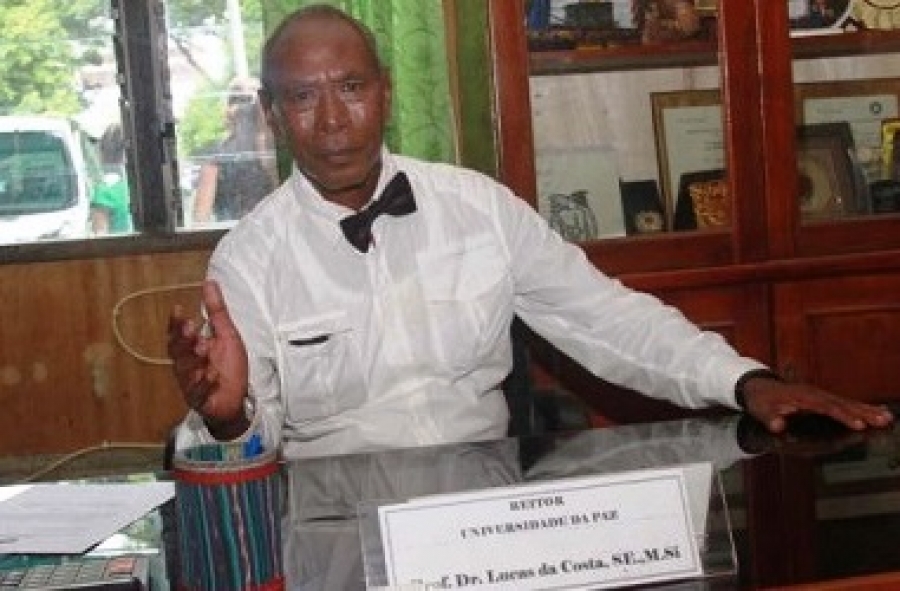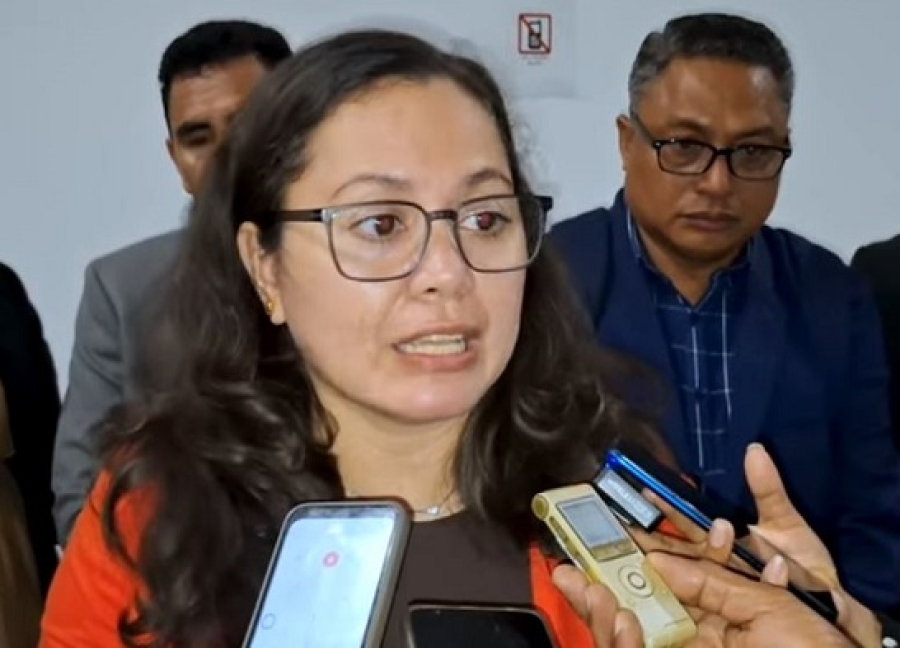As Timor-Leste’s economy tightens under the weight of extended political uncertainty and unresolved State programming, money that once circulated from government programs and organisations has started to dry up.
Investigations by the Independete revealed many familys living on the bread line were going without meals because they didn’t have enough money to pay the inflated costs of basic foods.
Several family’s said their household income had been reduced because of job cutbacks in government programs and small businesses that had been forced to shut down due to the economic slow down.
According to UN figures, more than 40% Timorese live below the national poverty line.
Lucas da Costa, the Academic Observer from Universidade da Paz (UNPAZ), said the nation was at a “crises” point and the government needed to address the economic instability it had generated.
“In a crises economy it is the small people that feel it the most,” Costa said.
“All people’s activities need money; school children need pocket money, buying basic goods needs money. This money is now not available due to political uncertainty in Timor-Leste," he said.
Alliance de Jesus Xavier, the Spokesman for Timor-Leste’s Human Rights Defenders Network-Rede Defensór Direitus Umanus (RDDU), said Timorese people had become “victims” of political leader’s’ “revenge politics.”
RDDU wants transparent dialogue between political party’s and the President of Timor-Leste; to resolve the nine vacancies in the government’s cabinet and an end to State Budget and Program stalemate.
Xavier warned if swift action was not taken the country would soon face an “economic crisis.”







